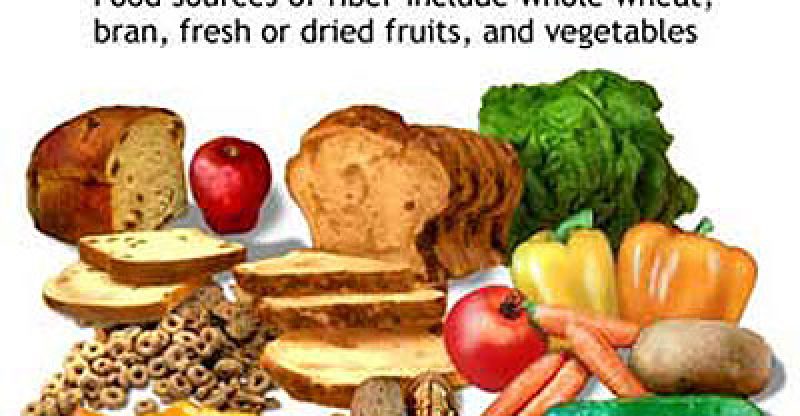Naturopathy – Find Fiberous Food Sources for Good Health
Optimizing both your good health- its ratio of ” good” to “bad” bacteria-and the digestive process are two of the best things you can do for your body. To st art, eat a plant-based diet with plenty of fiber and healthy fats, fermented foods like yogurt and miso, and minimal sugar and processed foods. And try to relax, because the body’s stress response inhibits digestion. “Stress can change the bacterial balance in the gut, giving harmful bacteria the upper hand,” says Wong. Beyond the basics, you can help your gut get healthy by giving the following supplements a go.
Fiberous Food Sources : The following foods can be safely consumed.
Fruits: Apple, Apricot, Banana, Cherry, Dates, Fig, Grape, Guava, Jamun, Lemon, Loquat, Mango, Papaya, Peach, Pear, Pineapple, Plum, Pomegranate, Litchis, Chikku, Watermelon and Gooseberry.
Food Grains: Whole oats, corn and brown rice are all good sources, but barley is best.
Vegetables:Carrot, Amaranth, Celery, Lettuce, Fenugreek, Snake gourd, Beet Root, Cabbage, Coriander, Mint, Spinach, Bitter gourd, Tender Peas, Lady’s Finger, Tomato, Mushroom and Cucumber.
This vegetables provides a riot of color to your plate and is rich in vitamins, minerals, and fiber. An excellent source of vitamins C and A, peppers are one of the most powerful sources of antioxidants, D’Alto says. They are also a key source of vitamin B6 (which helps keep your metabolism in check), bone-building manganese, and brain-boosting potassium.
Pulses: Gram, Moong, Horse Gram, Lentil, Soybean.
Dry Fruits: Fig Raisin, Apricot, Dates.
Others: Honey, Saga, Molasses, Tender Coconut.
The selection of good food is as important as the combination with which it is taken. Sometimes, it can cause an adverse effect also. For example:
(a) Proteins and starch
(b) Starch and acid foods
(c) Bread made with Rye grain has three times more fiber than some kinds of wheat bread, plus more zinc, B vitamins, and lignans, which may reduce the risk of breast cancer.
In fact, tomatoes and citrus fruits are not acid forming food. But sugar, fats and proteins are.
Even if a food claims to be high in fiber, it may not deliver the benefits you expect. The problem? The processed fiber that’s added to many packaged foods is finely ground. Compared with the fiber of whole foods, it doesn’t slow digestion, lower cholesterol, or improve regularity, says the Center for Science in the Public Interest. Best bet: Stick to natural fiber sources like avocado, beans, bran-based cereals, leafy greens, oats, raspberries, and whole grain breads to get your recommended 25 g a day.
Sugar, particularly white sugar, is a sweet poison. Sugar is one thing which we can safely exclude from our diet. At this a bitter question arises, “how much sugar do we need?” Many types of food contain sugar and it is impossible to avoid it completely. Nature has provided sugar and salt along with vitamins…..

